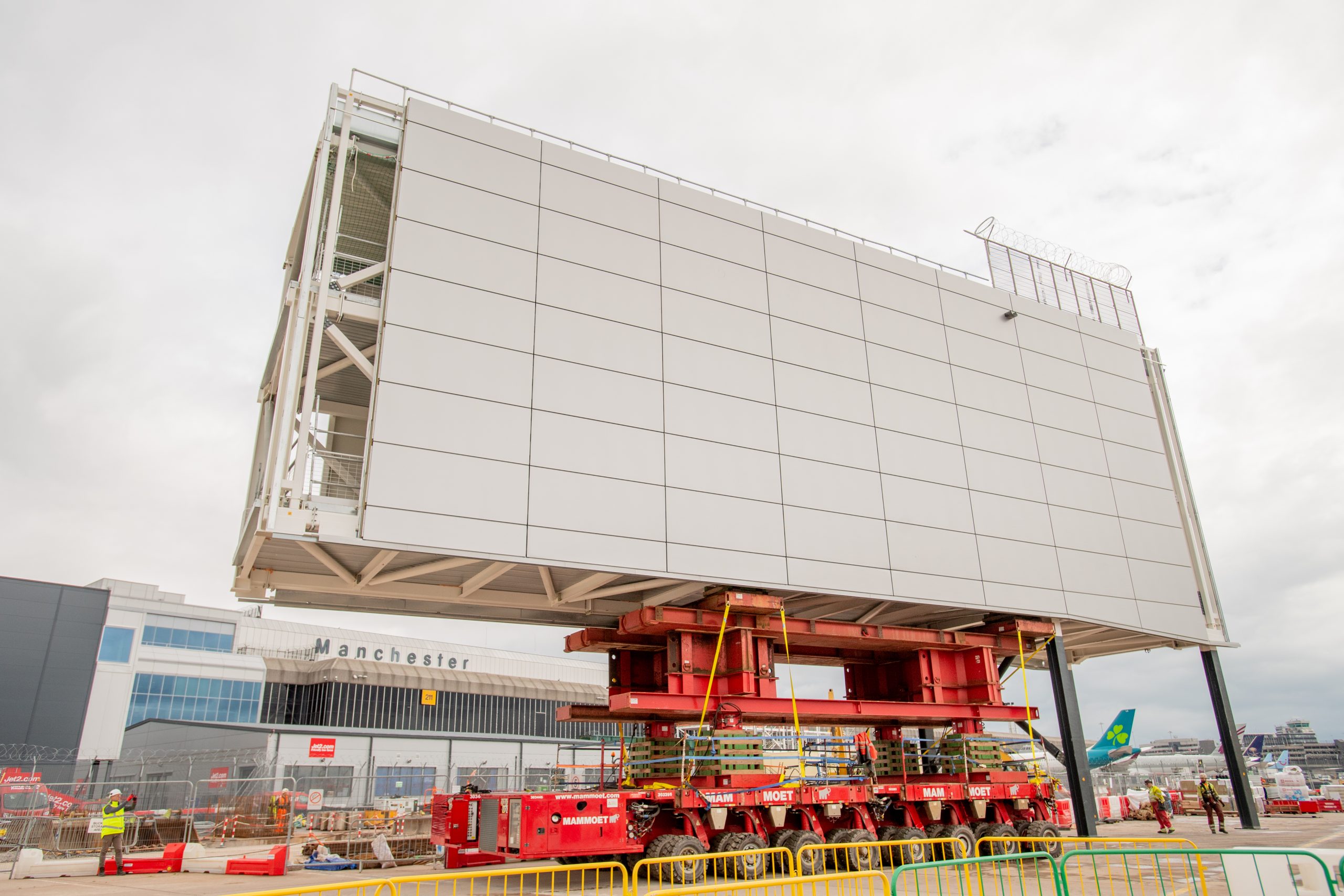Mace infrastructure MD on why the delivery partner model is key to productivity
Digital Edition: Mace infrastructure MD on why the delivery partner model is key to productivity
“We are trying to achieve a hell of a lot in this industry at the moment. If you thought the time-cost-quality equation was tough, we’ve now got this real sense of urgency around sustainability,” says Mace managing director for infrastructure, consultancy, UK & Europe Andy…

Welcome! To continue reading either:
Access your account
Log in to your account to access your content on New Civil Engineer. If you are an ICE member, you can login with the email address and password that you use to access MyICE.
Get unlimited access
Subscribe today to access in-depth analysis of the news that matters, interviews and commentary from leading industry players and special reports on key events, it’s the resource that helps you make better business decisions.
Start a FREE trial
Get full access for 2 weeks.
No further commitment, no payment details required.
Check if you already have access from your company or university
 New Civil Engineer Civil engineering and construction news and jobs from New Civil Engineer
New Civil Engineer Civil engineering and construction news and jobs from New Civil Engineer